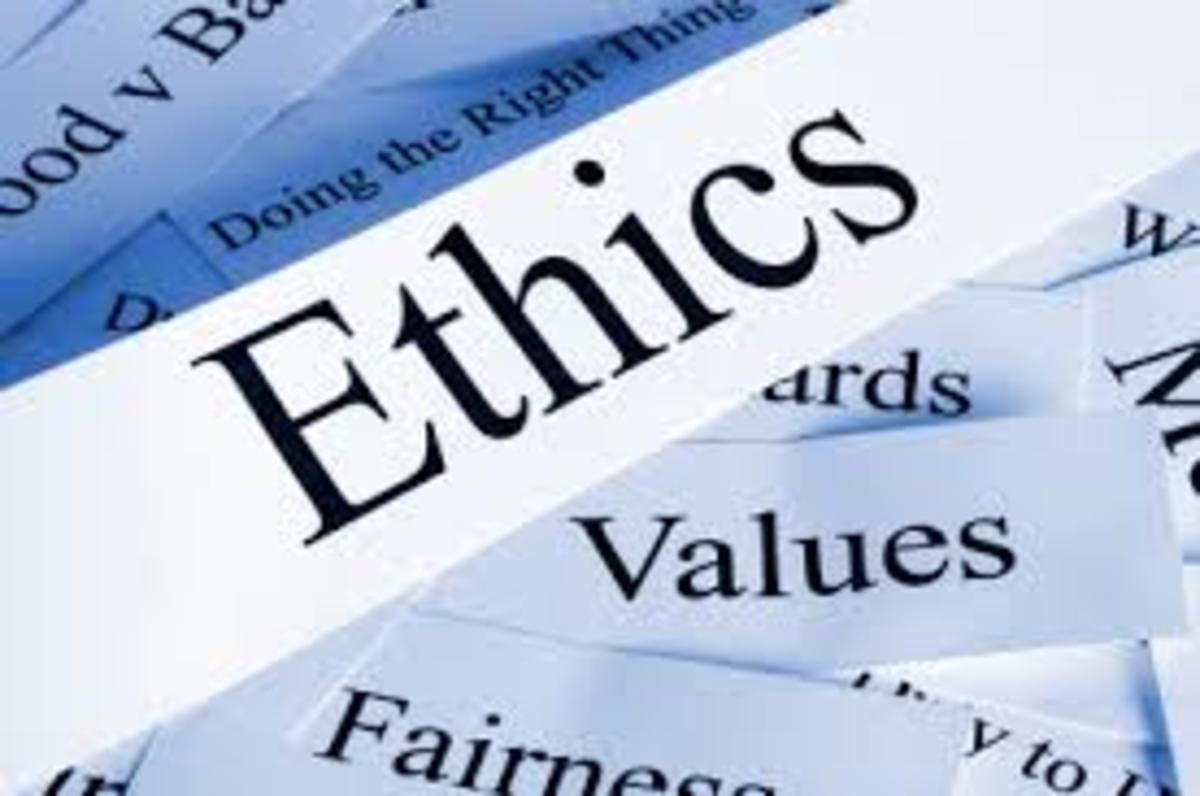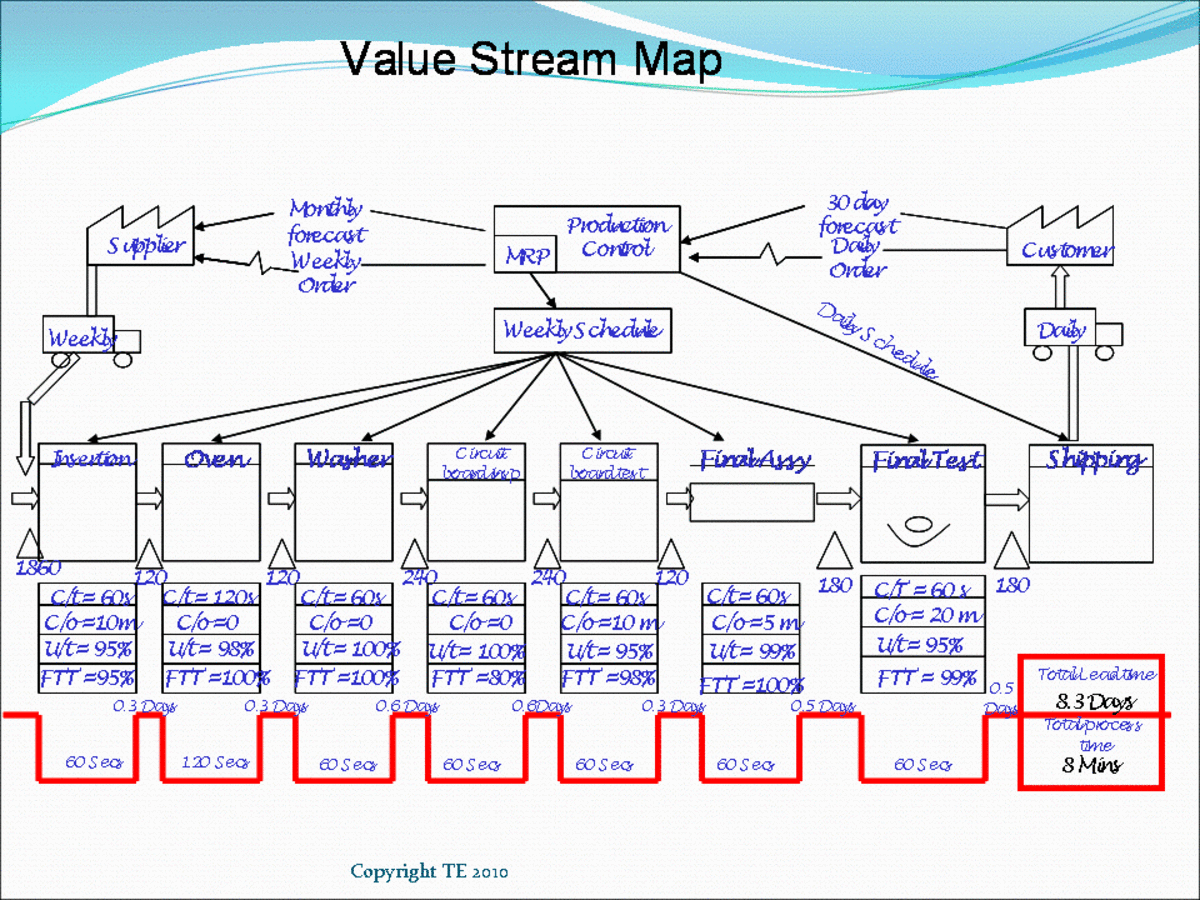The Ethics of Performance Reviews
Good management policy includes a regular process for performance evaluations. In many cases, this includes a self-evaluation by the employee being reviewed as well. The ethical aspects of the performance evaluation are based on the power of management to have this review on record permanently and to affect the employee’s complete ensuing year of employment as well as future years.
It is possible to set an employee up to ensure punishment. Since the annual review can affect the employee’s income and even job security, this gives the manager a lot of power – and gives the employee a lot of angst. On the plus side, if an employee has good reviews for four years of employment, then the fifth review is poor but also by a new manager, the record of good performances will often signal an anomaly to be looked into, to evaluate the new manager, by higher management.
Properly done, this review should not only be management’s method for evaluating the employee’s past year of work, but should include goals set for the coming year, to offset weaknesses in the employee’s repertoire (technical training or even a management seminar, for example) and to give the employee an opportunity for professional development, in hopes of both raises and promotions. This is an ethical challenge for the manager as well, since some managers want to keep the employees at their present state, rather than allowing them to grow and possibly threaten the manager’s job. The manager must have the well-being of the employee in mind throughout the review, both for professional development and for dealing with grievances or complaints. There must not be retribution just because an employee puts in a grievance; this would violate good labor practices.
Legally, a self-evaluation may be required by the employee’s contract, including a system of promotion, demotion or termination based on some sort of point system. If a manager has a difficult or undesirable employee, s/he must determine if these criteria are met before taking any action. If the grievances and/or complaints are on record, during the annual review of the employee’s performance, the manager can apply a reaction to these complaints, including termination or denial of a raise or promotion. Without proper documentation, this information is not allowed to be in the review nor may it impact the review or results. If the employee can write his/her own personal review before the one with the manager; this allows the employee to give his/her side of any controversy; it also protects the employee from any theft of intellectual property by management or co-workers. Moreover, it gives the employee an opportunity to inform management of any extra work or education s/he may be engaging in.
Ethics or morals are equally a responsibility of the employee in his/her personal review. This is not a time for complaints about co-workers or management. This is a time to make sure the management is aware of all attempts (and successes) to meet the goals of the previous review. And it is the time to let management know of any personal goals the employee pursued on his/her own or is interested in pursuing. It is a good time to recognize weakness (without beating up oneself) and to offer solutions to handling or overcoming those weaknesses. For instance, the employee may have discovered that there were a lot more reports expected from him/her than s/he anticipated, and the employee is not good at writing them; the employee could request a class in business writing to correct the situation. This self-evaluation will go on record too, so it is not the time to lay blame or lie.
I personally went through this type of dilemma when I was working for the state of Connecticut in a college, and ended up with the Boss from Hell. Having twenty years of experience with great managers and supervisors who encouraged me to grow and learn, and rewarding me with raises and promotions, I was blind-sided by this turn of events; he was not my first supervisor in this position, so he was concerned about establishing himself. I soon discovered that he was threatened by me for my technical knowledge, far greater than his, and my talent for writing, using vocabulary that should be common, but wasn’t for him. He actually had told me that he would take credit for anything done by his direct reports. He also demonstrated prejudice against me that I couldn’t prove. To top it off, since he was a poor manager, he told me I would also report directly to another manager. Since this was a state job at a college, there were lots of laws and rules already in place. We ended up in a series of grievances, brought mostly by him but also by myself. all of which he “lost”, and I was well protected by the contracts in place and the union. His testimony at these meetings proved my log of workplace harassment. However, his annual reviews were still thick with complaints about me that were unfounded. I tried to get help or find a solution for his complaints, such as taking a course on Crisis Management to counter his complaint that I had poor people skills (he agreed that this should fix the situation – till after I took it). When he had given me poor reviews for two years, I came up for tenure, and he presented the reviews, and yet another one, to convince the committee that I was not qualified for tenure and it was denied. I was given a series of tasks to earn tenure which were impossible as long as my direct supervisor was going to deny I achieved them. Therefore, when a much better opportunity came up, my union negotiated a break of my contract and had my record sealed so that this person’s mistreatment of me would not reflect on my future employment.
This should have been an ethical – and legal – dilemma for the supervisor involved, but he appeared not to have much in the way of ethics to practice. Only the legal system within the department of the state protected me at all.
I also faced an ethical dilemma; I wanted to hit back, since I was never in such a poor work situation before, and I was very angry with this person. But I figured that my record follows me, and so I didn’t want to “sink to his level”. So I only did the actions that the union recommended to protect me without violating ethical nor legal issues.
I hope this example is an exception to the rule. In a lot of other places I’ve worked, the performance evaluations were something to look forward to – where can I go now? What opportunities are available to me? Have I earned a raise? I’ve noticed that the larger a company is, the better the chances are that the evaluation will be productive. Perhaps they have found a way to weed out unethical management.
In conclusion, the performance review can be a management tool to guide and reward employees, or a weapon for retribution. If following ethical, moral and legal guidelines, it can build a bridge between supervisor and employee, and the company itself will flourish.





